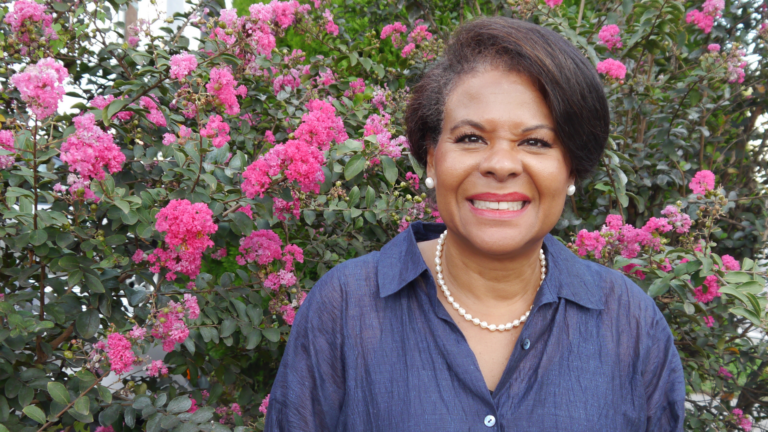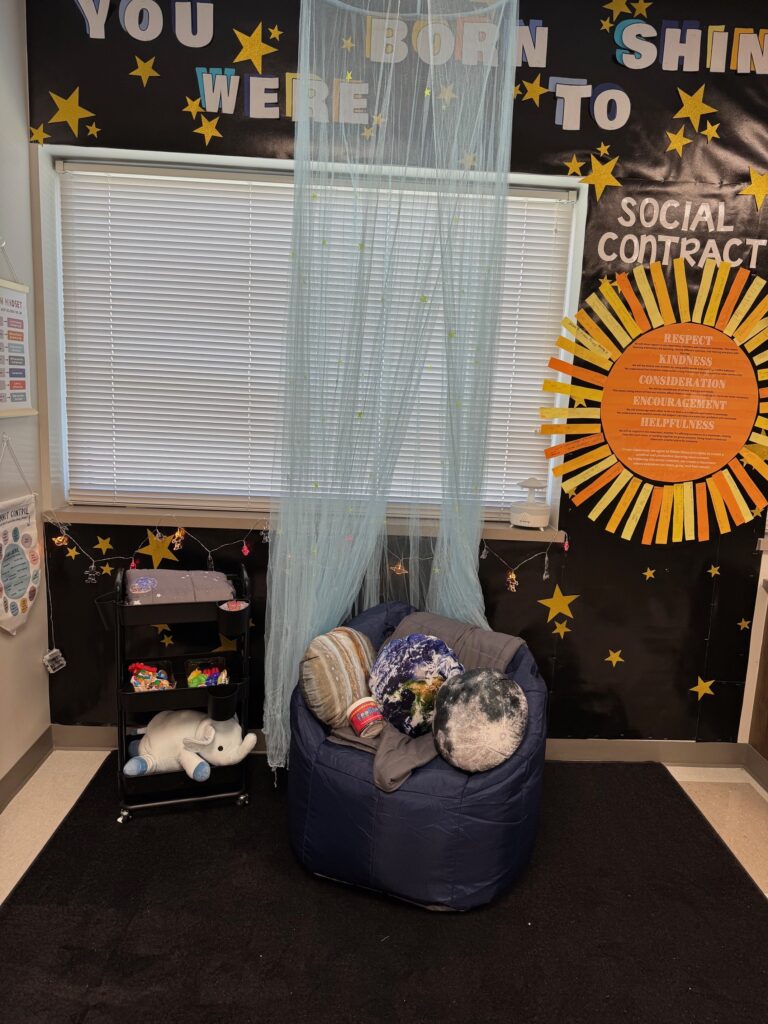Texas CASA Spotlight: CEO Vicki Spriggs
Vicki Spriggs, Texas CASA Chief Executive Officer, is a dedicated advocate for children who has worked for more than 43 years in the child services arena. Known for her leadership on youth-related issues, Spriggs is a national speaker, a decisive leader and a fierce believer in the rights of all children, especially the right to a safe, loving and permanent home.
Prior to joining Texas CASA in January 2012, Spriggs served in a variety of positions dedicated to child welfare, including as a foster parent, director of the Travis County Juvenile Court Informal Adjustment unit and executive director at Texas Juvenile Probation Commission. She received a bachelor’s degree in education and Master of Education in juvenile justice and secondary counseling from the University of Massachusetts.
Let’s get started with you telling us a little bit about yourself.
I am a child of an IBM employee in New York. That means, like an “army brat,” we moved around often – not out of country but around the state of New York. Most of my growing up was in the Poughkeepsie/Wappingers Falls area. We later moved to New York City, living, at different points, in Manhattan, the Bronx, Mt. Vernon and ultimately settling in Chappaqua.
While my father was the IBM professional, my mother stayed home with my five sisters and I until the youngest of us was enrolled in kindergarten, at which point she returned to work – which for her was as a public servant working for the State of New York as a career vocational counselor. My mother was also a civil rights activist who organized marches and other campaigns in the upstate area. From her, I learned that civil rights are human rights.
As for my five sisters, the oldest of us had Down syndrome and died at the age of 12. The next oldest is an award winning middle school teacher in N.J. I am next in line. The sister under me was a singer and comedian who has since stopped performing, the next-to-youngest works as a hospital tech in a NYC hospital, and my youngest sister is a store owner in N.C. Suffice it to say our home was always abuzz with activity.
How did you get involved in the CASA movement?
My career has always focused on children. The majority of my professional development was in the juvenile probation arena. As I grew into my profession, it became evident that many of the children in the juvenile probation system were children who likely would have been appropriate candidates for the child welfare system; they had seen and experienced a great deal of violence in their lives.
My career in juvenile justice ended when I retired from the state after serving 16 years as the executive director of the Texas Juvenile Probation Commission. Once retired, the opportunity to apply for the CEO position at Texas CASA arose and, after giving in a great deal of thought, I applied… and the rest is history.
What are some of the ways Texas CASA has changed over the years under your leadership?
Since I have been with Texas CASA, we have grown as a staff not only in size, but in cohesiveness, vision, trust and abilities. We developed a very strong strategic plan which serves as the roadmap for our expenditures, activities and trainings.
We have also moved away from the traditional technical assistance (TA) model of offering assistance and moving on, to a coaching model where we spend time developing the strengths of individuals. We currently contract with two recruitment coaches, a faith-based recruitment consultant, a Collaborative Family Engagement (CFE) coach and two volunteer advocacy coaches. Additionally, we’ve created a marketing plan that has worked to increase visibility of the CASA name, we’ve reformed our quality assurance process, and began hosting more than 30 Texas local programs’ websites using our free template. These are just a few of the changes that have occurred since I‘ve been here.
Against this backdrop, Texas CASA is entering our 30th year of existence in 2019, and we’ve got some exciting things planned to celebrate this milestone. We’ve also initiated a CASA eVOLution Report to capture the CASA network’s efforts for continually improving CASA advocacy to date, and to chart our course for the future.
While we’re on the topic, can you speak on your vision for where Texas CASA is headed, both in our 30th Anniversary year and beyond?
Ask any Texas CASA staff member about my favorite saying, and they’ll probably tell you this: “Only mediocre people (and organizations) are always at their best.” Clearly, there is much we have already done, both at Texas CASA and as a statewide network, but there is still so much to do. We need to maintain our focus on family reunification where possible, and on fictive kin when family is not. We want to continue to strengthen advocacy for children in care and improve the quality of training we make available.
I am excited and proud to be here at Texas CASA, for all that we do and have done, and am especially thrilled to be here at this time to be part of the celebration of our 30 years of growth.
Why is the work of CASA meaningful to you?
It comes back to our vision – a safe, positive future for all Texas children. Children and youth in foster care deserve a happy, safe childhood just like any other child; they deserve the same chance to grow up loved and supported; the same access to the resources and quality education that will help them reach their goals and be who, and what, they want to be.
Our children in care have had so many things – so many opportunities – taken from them due to no fault of their own; but a dedicated, well-trained CASA volunteer has the opportunity to step in, speak up and make a real difference for them during this critical turning point in their lives.


